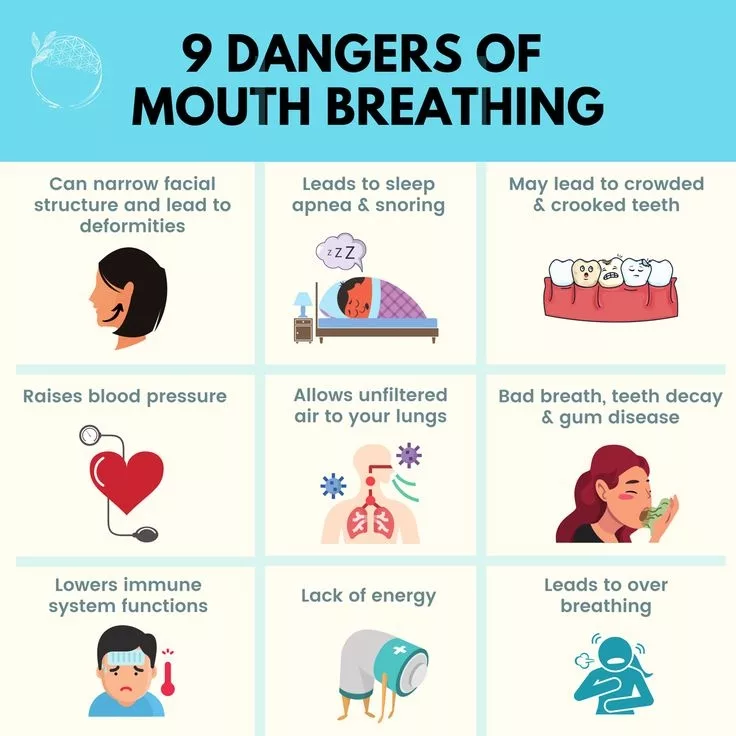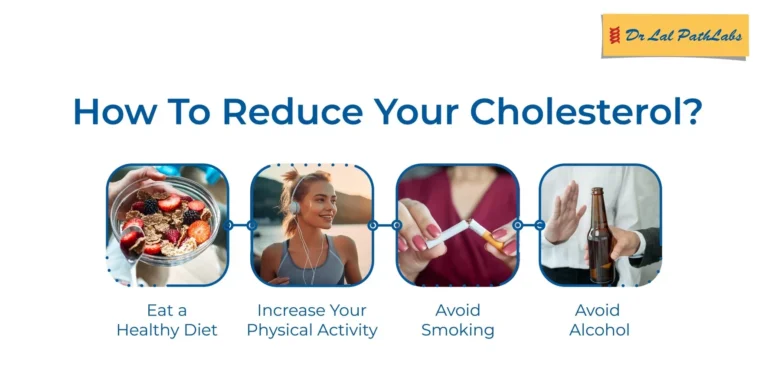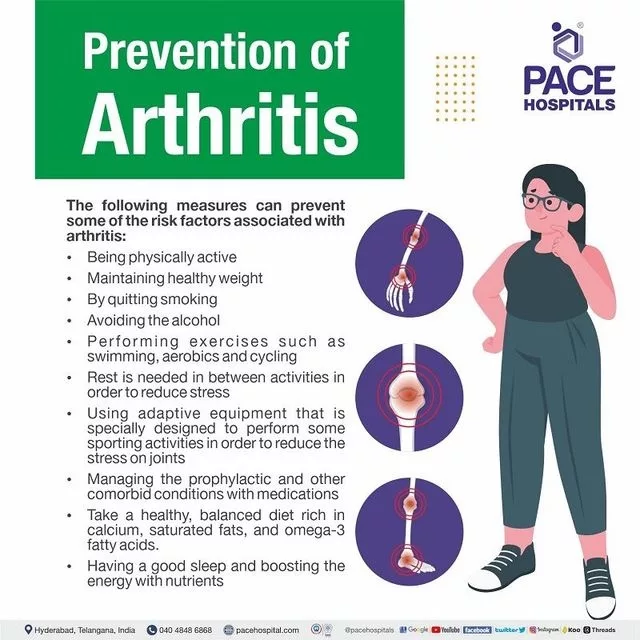The Power of Antioxidant Components: Let’s Learn About Glutathione!
Hello. I am very interested in glutathione, so I decided to write about it this time. Glutathione is well-known as an antioxidant component, and this time, I want to explore its power. Let’s learn about it together!♡
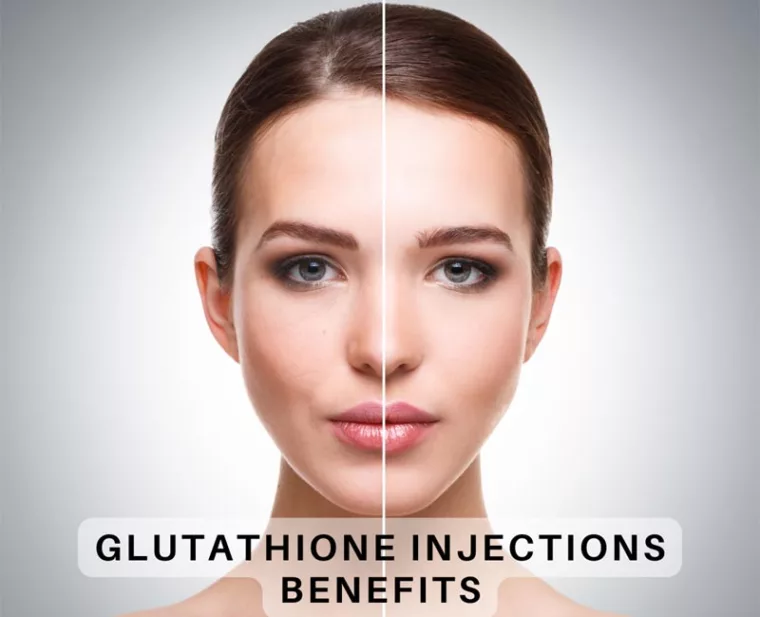
What is Glutathione?
Glutathione is a powerful antioxidant that is naturally produced in our body. Alongside other antioxidants and vitamins C and E, it plays a role in protecting our body from free radicals. Glutathione is found in all tissues including the liver, heart, and kidneys, and performs various important functions within the cells.
The Important Roles and Functions of Glutathione
Glutathione plays a crucial role in various biological processes.
Firstly, glutathione is involved in the cellular oxygen metabolism, helping cells to effectively utilize oxygen. Additionally, glutathione has a detoxifying effect, removing harmful substances or toxins to prevent cell damage. Moreover, glutathione aids in strengthening the immune system and reducing inflammation.
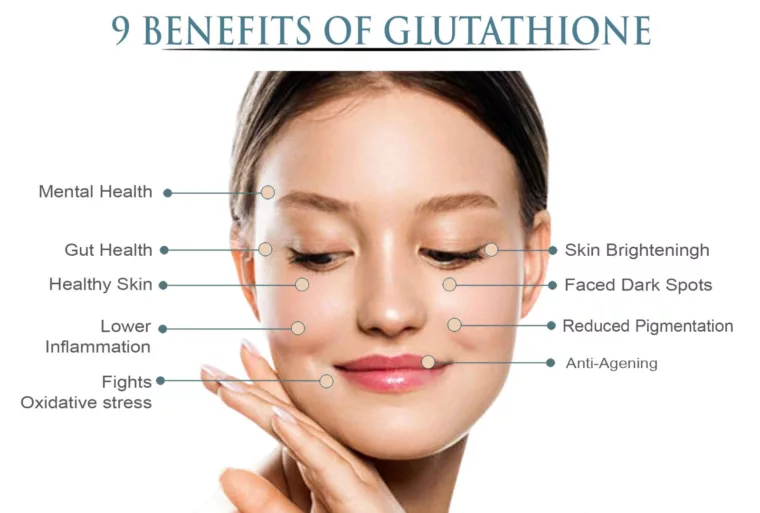
The Principle of Antioxidants and the Role of Glutathione
Antioxidants are substances that protect our body from free radicals. Free radicals are generated during the metabolism of oxygen and can cause aging, disease onset, and various other problems. Glutathione works with other antioxidants to neutralize free radicals and prevent cell damage, thereby supporting the health of our body and immune system.
The Health Benefits of Glutathione
Consuming glutathione provides various health benefits to our body.
Firstly, glutathione protects cells from oxidative stress, delaying aging and promoting the health of various organs such as the heart, liver, and kidneys. Secondly, glutathione strengthens the immune system, helping to prevent and treat infections and inflammation. Additionally, glutathione aids in the detoxification process of our body, removing drugs and toxins, thereby supporting liver health.
Ways to Increase Glutathione Levels
There are several ways to consider for increasing glutathione levels.
Firstly, choosing foods rich in glutathione in your diet is important. For example, avocados, spinach, and broccoli are rich in glutathione. Secondly, exercise and stress management are crucial. Regular exercise can help increase glutathione levels. Lastly, considering glutathione supplements is an option. However, it is advisable to consult with a healthcare professional before taking supplements.
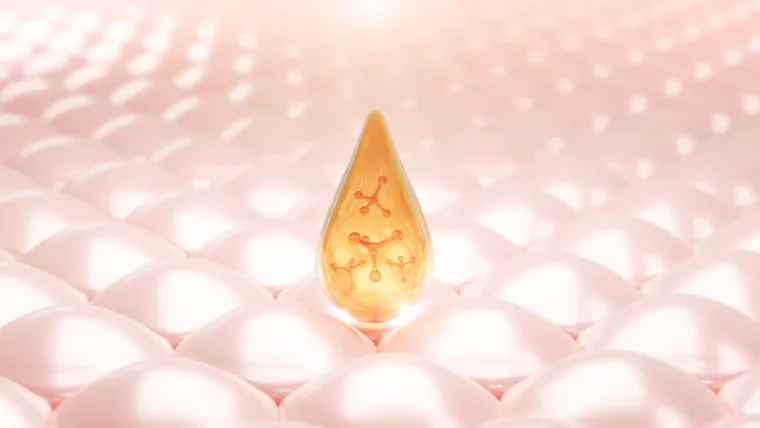
Glutathione Supplements and Food Sources
Glutathione supplements can be considered as an alternative to increase glutathione levels. Supplements are available in various forms, and can be consumed in capsule or powder form. However, when choosing supplements, it is important to select products from reputable manufacturers. Also, consuming glutathione from food sources is a good method. Avocados, spinach, broccoli, and chicken are known to be rich in glutathione.
The Relationship between Glutathione and Chronic Diseases
Glutathione can play an important role in the relationship with various chronic diseases. For example, in burn treatment, glutathione can help prevent and treat tissue damage. Additionally, in relation to liver diseases, glutathione can be effective in improving liver function and preventing liver damage. Research also suggests that glutathione may help prevent neurological diseases such as Alzheimer’s and Parkinson’s disease.
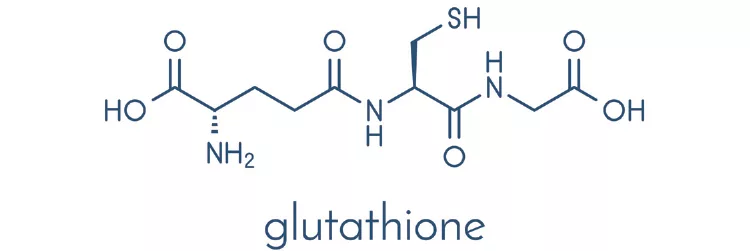
Causes and Effects of Decreased Glutathione Levels
Glutathione levels can decrease due to various factors, including age, stress, poor diet, and drug use. The decrease in glutathione levels can have various effects on our body. For example, it can increase oxidative stress and weaken the immune system. Additionally, the decrease in glutathione levels can accelerate the onset and progression of chronic diseases.

Glutathione and Skin Health
Glutathione plays an important role in skin health. The skin is frequently damaged by exposure to free radicals, environmental pollution, and other factors. Glutathione helps protect and regenerate the skin, improving its elasticity and flexibility. Furthermore, glutathione can regulate melanin production, preventing pigmentation and having a whitening effect.

Safe Intake of Glutathione and Precautions
There are several precautions to take for safe intake of glutathione.
Firstly, it is advisable to consult with a healthcare professional before taking glutathione supplements. Secondly, follow the manufacturer’s instructions for the correct dosage and method of intake. Lastly, including glutathione-rich foods in your diet is also a good method. However, excessive intake of glutathione can cause side effects, so it’s important to maintain an appropriate intake amount.

This is an overview of glutathione. Glutathione plays a very important role in our body, providing significant support to our health and immune system. To maintain glutathione levels, it is important to pay attention to our diet and lifestyle habits. Additionally, when considering glutathione supplements, it is advisable to consult with a healthcare professional to determine the appropriate intake method. Knowing about glutathione, which offers various benefits from improving skin health to preventing chronic diseases, can enhance our body’s health and well-being.



